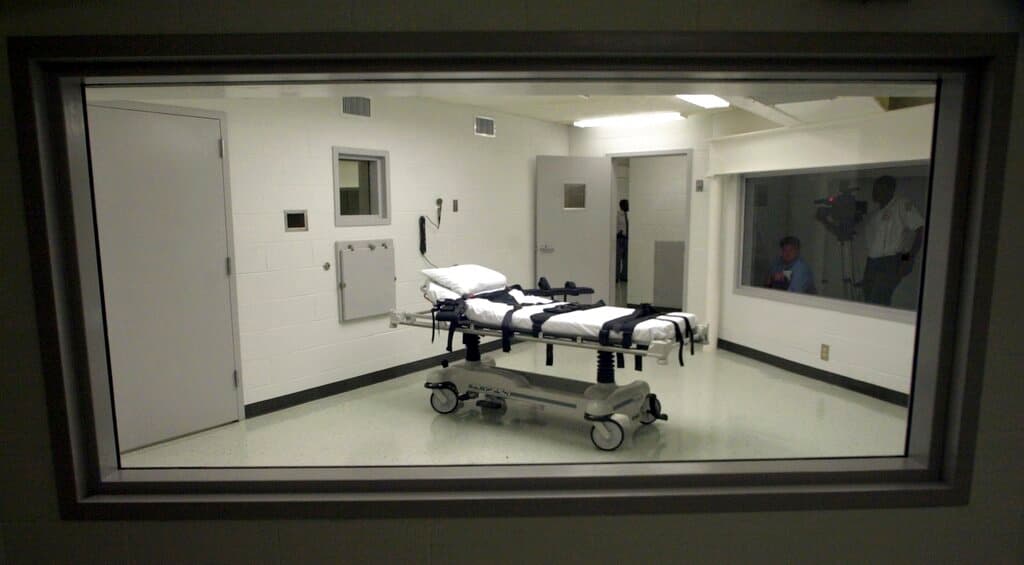UN Calls on Alabama To Halt New Execution Method, Citing Chance of ‘Painful and Humiliating Death’
The future of an Alabama inmate has become the symbol of a battle over the so-called right way to kill a convict.

“Cruel and unusual” is how critics describe a new, untested method of criminal execution, nitrogen gas, which is set to be administered for the first time in America later this month.
Please check your email.
A verification code has been sent to
Didn't get a code? Click to resend.
To continue reading, please select:
Enter your email to read for FREE
Get 1 FREE article
Join the Sun for a PENNY A DAY
$0.01/day for 60 days
Cancel anytime
100% ad free experience
Unlimited article and commenting access
Full annual dues ($120) billed after 60 days

